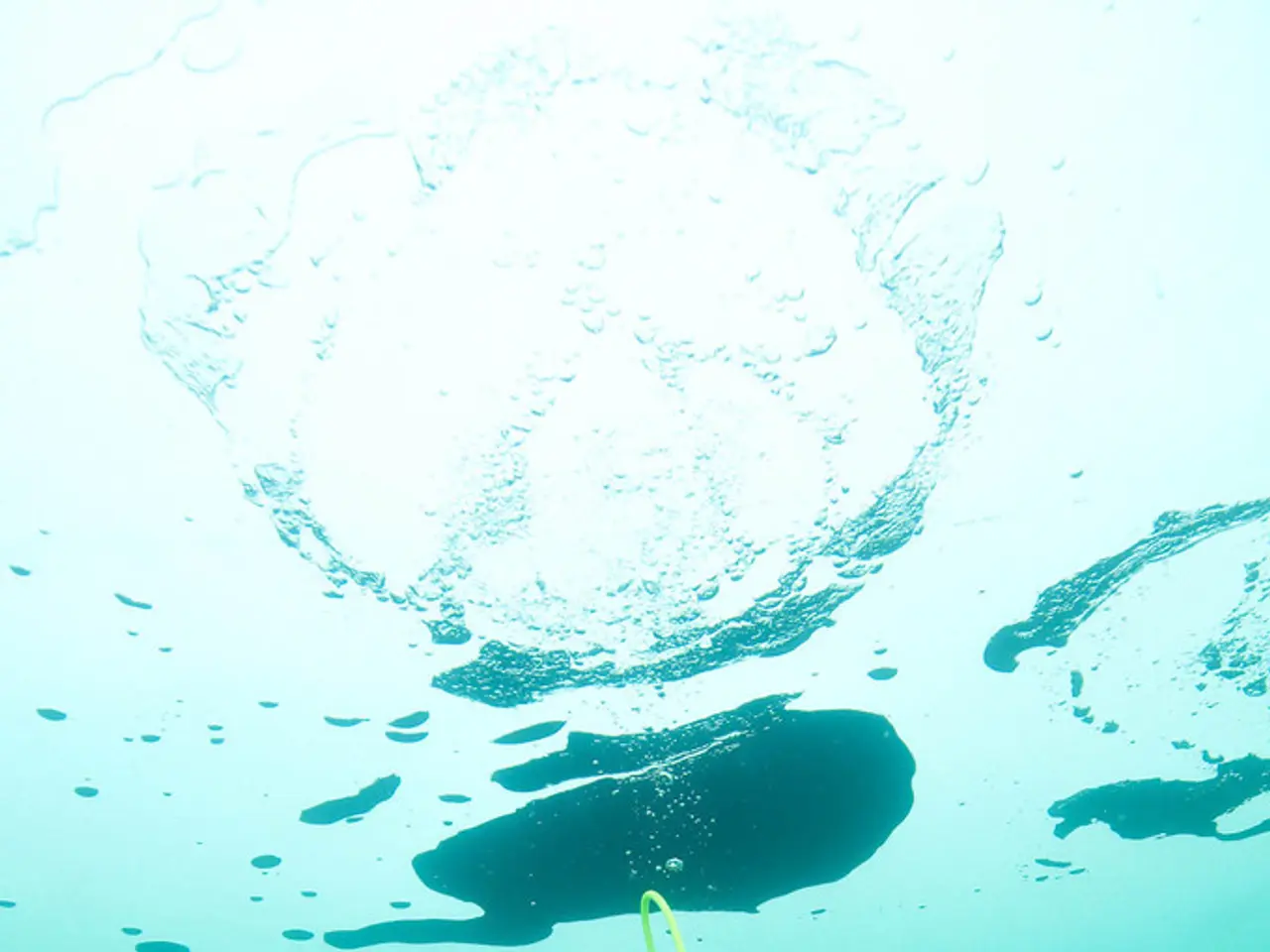Essential Safety Precautions Every Scuba Diver Must Adhere To (10 Points)
Embarking on a scuba diving adventure can be an exhilarating and transformative experience, but it's crucial to prioritise safety and respect for the ocean environment. Here are some essential guidelines to ensure a memorable and incident-free dive.
Firstly, be vigilant of marine hazards such as jellyfish, sharp corals, and strong currents. Maintain alertness and refrain from touching anything underwater, not only for your safety but also to protect the ocean's delicate ecosystem.
Certified training from organisations like PADI, NAUI, or SSI is indispensable before attempting open water dives. These internationally recognised bodies provide certified diver training that complies with global safety standards, ensuring you're well-prepared for your underwater journey.
Monitoring your air supply is another vital aspect of dive safety. Aim to ascend when your tank reaches around 50 bar (500 psi) to avoid running out of air at depth.
Good buoyancy control is essential for several reasons. It prevents damage to marine life, reduces fatigue, and minimises the risk of accidental contact with the ocean floor or sharp coral.
Diving with a buddy not only reduces the risk of complications but also provides assistance in case of equipment failure, disorientation, or medical emergencies.
Planning the dive is also crucial. Discuss depth limits, bottom time, hand signals, and emergency procedures with your buddy before entering the water.
Rapid ascents can lead to decompression sickness. Ascend no faster than 18 meters (60 feet) per minute and make a safety stop at 5 meters (15 feet) for 3 to 5 minutes before surfacing.
Thoroughly checking all gear, including BCD, regulator, tank, mask, fins, and gauges, before every dive is essential to ensure everything is in working order.
Physical fitness and mental alertness are key to dive safety. Avoid alcohol and heavy meals before diving, stay well-hydrated, and don't dive if you're feeling unwell.
To avoid barotrauma (pressure-related injuries), equalise pressure in your ears and sinuses regularly during descent and ascent. Don't force it, ascend slightly if needed to equalise comfortably.
Lastly, remember that scuba diving is a privilege that demands responsibility and respect for the environment. By following these guidelines, you can minimise risk and maximise enjoyment beneath the waves.
(Note: This article is meant for informational purposes only and must not be considered a substitute for advice provided by qualified medical professionals.)
Scuba diving can be a thrilling and transformative experience, and by adhering to these safety guidelines, you can ensure your underwater adventures are safe, enjoyable, and respectful to the ocean environment. Happy diving!
Read also:
- Expansion of Obamacare subsidies results in 3.6 million additional individuals receiving insurance coverage, according to the Congressional Budget Office, at an estimated cost of $350 billion.
- County Hall's grand display pays tribute to compassionate family members - County administration lauds loving relatives
- Grains of contemporary wheat now offer fewer essential nutrients
- Uncovered: The First Genetic Analysis of Sweet Potatoes Reveals They Originated as Hybrid Species with a Perplexing History and Six Sets of Chromosomes




